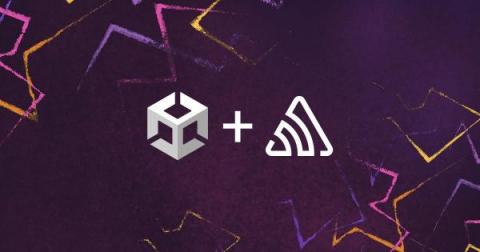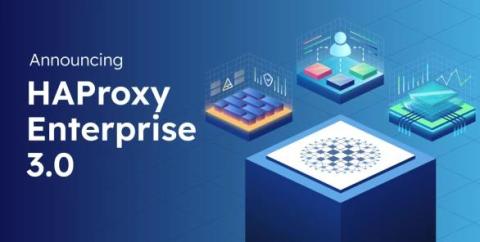Extended protections for cloud using CNCF open source security tools
In today's rapidly evolving cloud landscape, robust security measures are more critical than ever. At Elastic Security, we're excited to introduce our extended protections for cloud — a key component of our cloud detection and response (CDR) use case. This initiative seamlessly integrates open source security tools from the Cloud Native Computing Foundation (CNCF) ecosystem with Elastic Security's powerful analytics platform.











